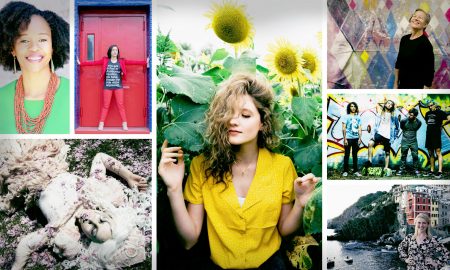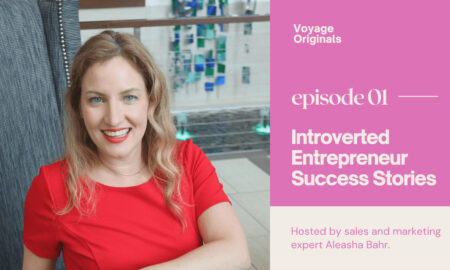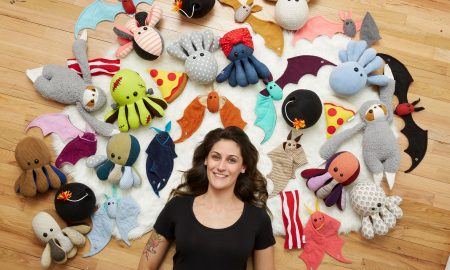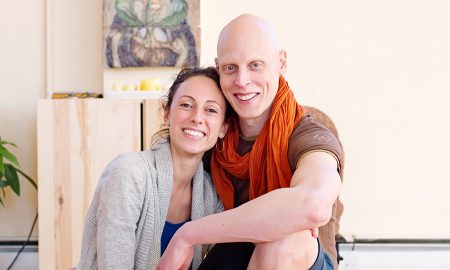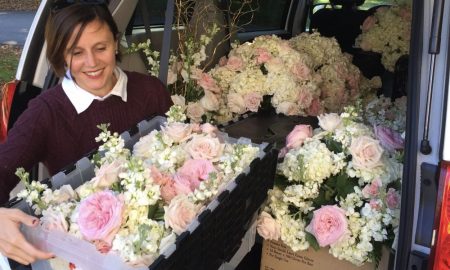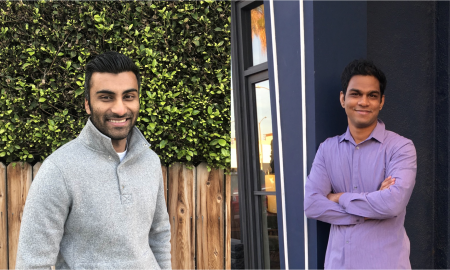

Today we’d like to introduce you to Samantha Watson.
Samantha, let’s start with your story. We’d love to hear how you got started and how the journey has been so far.
I was diagnosed with cancer the first time as a senior in college. I went through intensive chemotherapy for nine months, during which time I watched my friends graduate from college, start their careers, and begin dating and living on their own. For me, everything stood still. A few months after treatment ended, I returned to school with one semester left to go and was always sick and exhausted. Turns out I had developed secondary cancer – an early form of leukemia – which wasn’t detected until a month before I was set to graduate.
As I waited to be matched with a bone marrow donor, I was determined to enjoy my last month at school, and I did. Surrounded by friends and family, I graduated in May of 2001 and closed that chapter of my young adult life. I returned to my hospital in NYC, went through more chemo, and had an unrelated bone marrow transplant on August 24th, 2001. I spent three months in the hospital followed by a year at home recovering. In the fall of 2002, I returned to Boston, ready to start fresh.
I was blindsided by how hard it was to just ease back into things after treatment. While I had great friends nearby who knew my history, I was meeting new people — at work, on dates, etc. — who knew nothing about me and I had to figure out how, whether, and when to disclose my recent cancer history. I looked different than I had before, my body functioned differently, and my priorities and perspectives had shifted.
Thankfully, I had all the right people in my corner who helped me get my first job and first apartment. But I still felt like somewhat of an imposter as I tried to navigate life as a “normal” young adult. In April of 2003, I went to a conference in Boston for young adults who had had cancer and immediately felt like I had found my people. I left that day totally energized, wanting to do something meaningful to pay forward all of the support I had during treatment — and shortly after, The Samfund was born.
We’re always bombarded by how great it is to pursue your passion, etc – but we’ve spoken with enough people to know that it’s not always easy. Overall, would you say things have been easy for you?
In a lot of ways, starting The Samfund was relatively easy because a) I knew how much I didn’t know, so I asked for a lot of help (and eventually went back to school to get an MBA in Nonprofit Management), and b) having just gone through cancer treatment twice, I wasn’t afraid of a whole lot. I was also very fortunate to have the best people around me, who were willing to donate their time and expertise (and money) to help me get The Samfund off the ground.
But starting a nonprofit and sustaining one are two very different things. Over the years, we’ve hit our share of bumps. Fundraising is always a challenge because the need is increasing so quickly. The Samfund is a small organization that relies heavily on individual donations, which is a hard business model to scale (so we also rely heavily on volunteers).
On a larger level, one of our greatest challenges is that we focus on a population — young adult cancer survivors — that often goes unrecognized. Within the hospital, young adults are scattered between pediatric and adult clinics. Outside of the hospital, there is little-dedicated research and fewer support services specifically designed for young adults.
Young adults fall through every crack, so much so that they have the lowest survival rate of any age group. And while all age groups, fortunately, are seeing an increase in overall survival, the rate of improvement is slowest for young adults. The irony is that there are more than 70,000 young adults diagnosed with cancer each year in the U.S. — almost five times the number of kids. And yet few people know that young adult cancer even exists.
This is one of the key challenges of our work: that we need to raise awareness before we can raise funds, and with just five staff members that’s a tall order. But what poses a challenge also serves as continued motivation to keep trying to do more. Too many young adults are going broke because of cancer every year. And until there are better protections in place to prevent this from happening in the first place, we are determined to keep at it — not just by raising more each year to provide more grants, but by finding opportunities to collaborate and identifying other solutions to the problem.
We’d love to hear more about The Samfund.
The Samfund is uniquely designed to support young adults who are struggling financially because of cancer. We do that primarily through grants (close to $2 million awarded since 2005), as well as online support and education. We are the first and largest organization focusing on the post-treatment financial needs of young adults, and one of few that is neither diagnosis-specific nor geographically limited. We have helped thousands of young adults, in all 50 states, with almost every cancer diagnosis under the sun.
I think we do a good job of demonstrating impact and am proud that two of our core values are transparency and integrity. Generally speaking, there is a lot of shame in our culture around talking about money. We’re also not all that comfortable talking about illness. So, when the two collide, it turns into a conversation no one really wants to have — especially if someone looks healthy and “fine.”
In that context, it’s nearly impossible for a young adult (or anyone, really) to a) admit they are still struggling after cancer and b) ask for help. What I’ve heard many, many times from grant recipients is that the immediate financial relief is greatly needed, but what they appreciate even more is the community and the validation. Our tagline – #cancerisntfree – is a reminder that the damage cancer can cause goes far beyond the physical, which is something most people don’t, or don’t want to, think about. Survival often comes at a very, very high price.
Providing on-the-ground support while also telling our story through data is one of the things that sets us apart from other organizations, I think. In February of 2016, we published our first academic article in Cancer Medicine, comparing the financial status of our grant recipients to their age-matched peers in the general population; one of the things we found was that our young adults were $100,000 behind their peers in terms of average net worth.
In many ways that article felt like a turning point in our organization’s story because it enabled us to share what we know with a much larger audience. We keep seeking out ways to make sure that the young adult voice is heard in this fundamentally uncomfortable, yet critically important, conversation. I’m really proud of that.
What were you like growing up?
Two things that have been constant throughout my life are music and friends. I learned to play the piano at age five and was always involved in musicals in grade school. I was an a cappella nerd in college and still sing to my kids every night before they go to bed. I’m also your pretty typical extrovert, happiest when I’m around people. I’m close with family on both sides and have the best circle of friends (some of whom I’ve known since kindergarten and many of whom I sang with at Brandeis).
I have great memories of growing up in Manhattan, participating in every activity under the sun, and always spending time with friends. and I think I was a pretty easy kid — until my mom made me move to Vermont, from New York City, in the tenth grade. (It took me at least a year to get over that one.) To be fair, though, I ended up with great memories of high school — and not many people can say that.
Contact Info:
- Address: 89 South Street Suite LL02
Boston, MA 02111 - Website: www.thesamfund.org
- Phone: 6179383484
- Email: sam@thesamfund.org
- Instagram: instagram.com/thesamfund
- Facebook: facebook.com/thesamfund
- Twitter: twitter.com/thesamfund
- Other: youtube.com/samfundtv
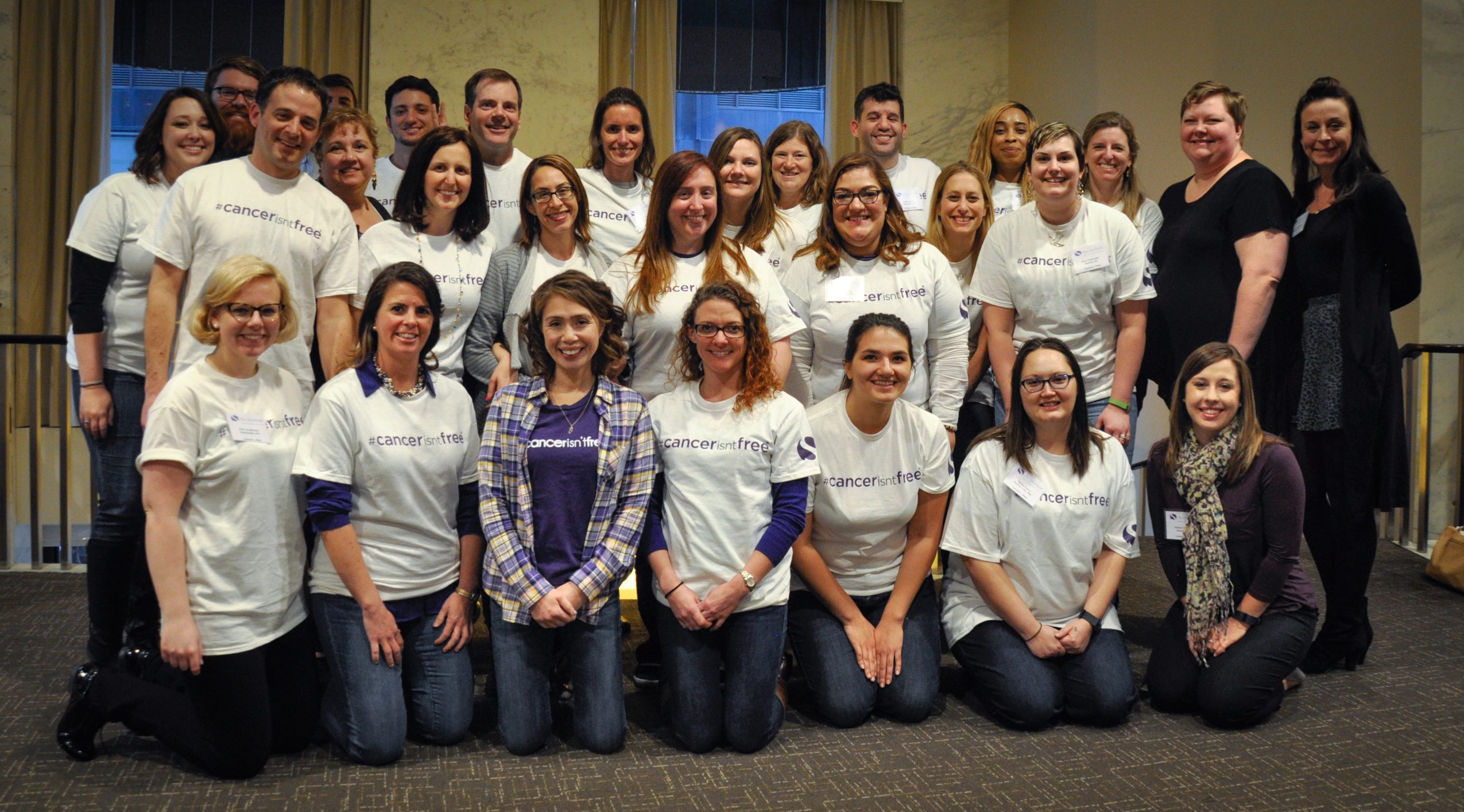
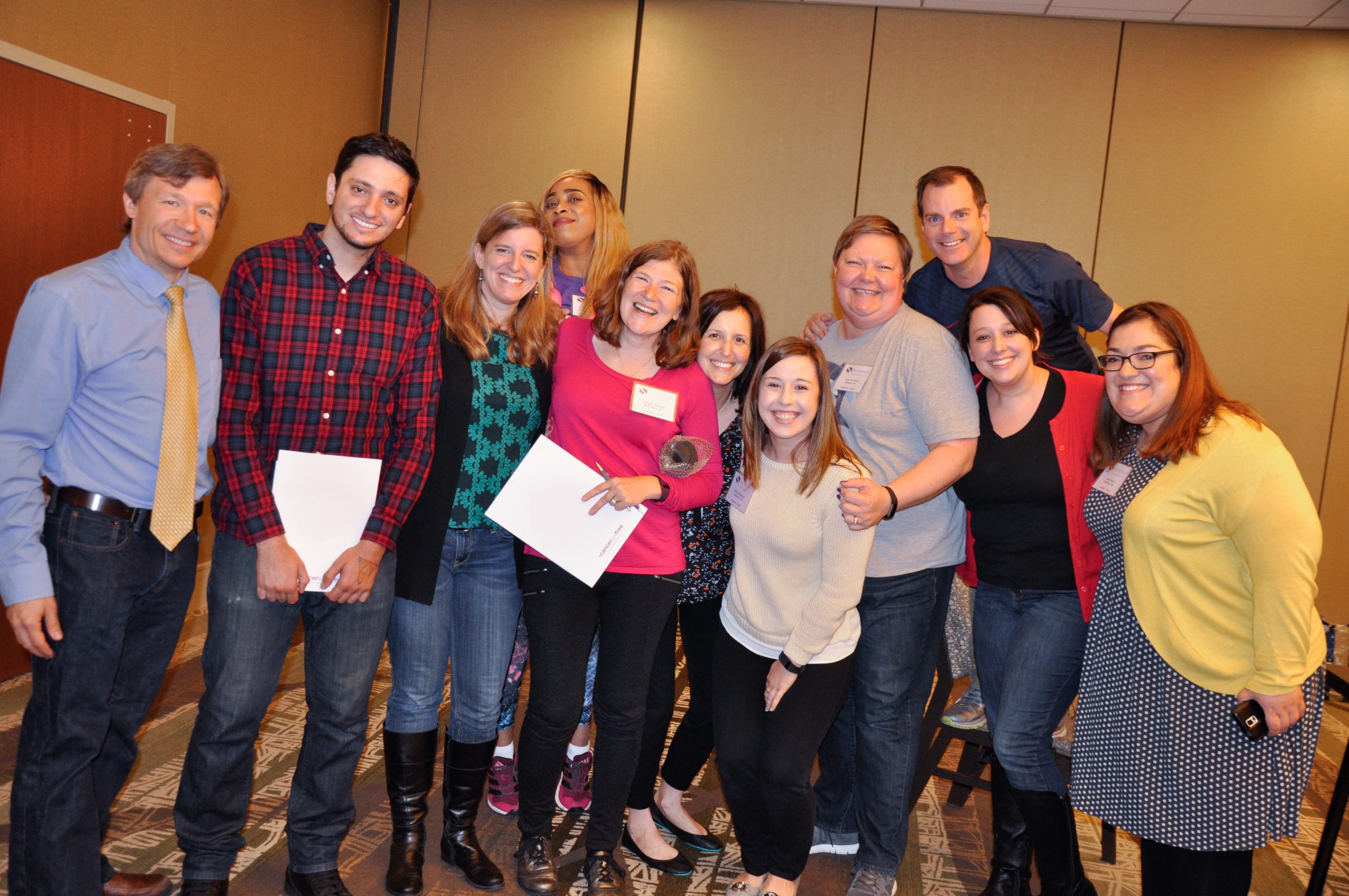
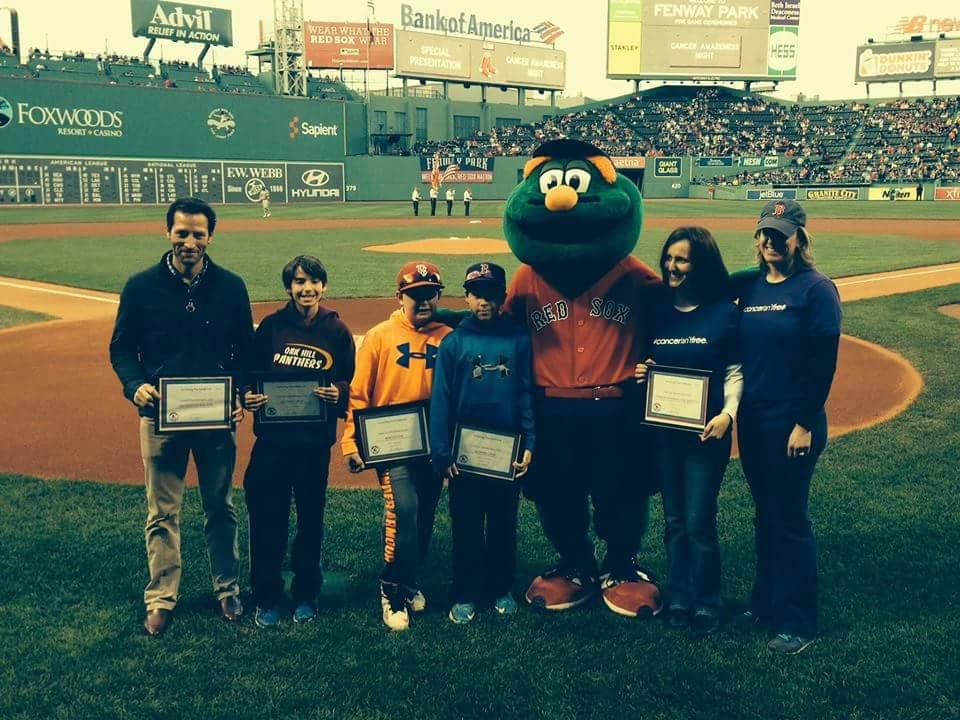
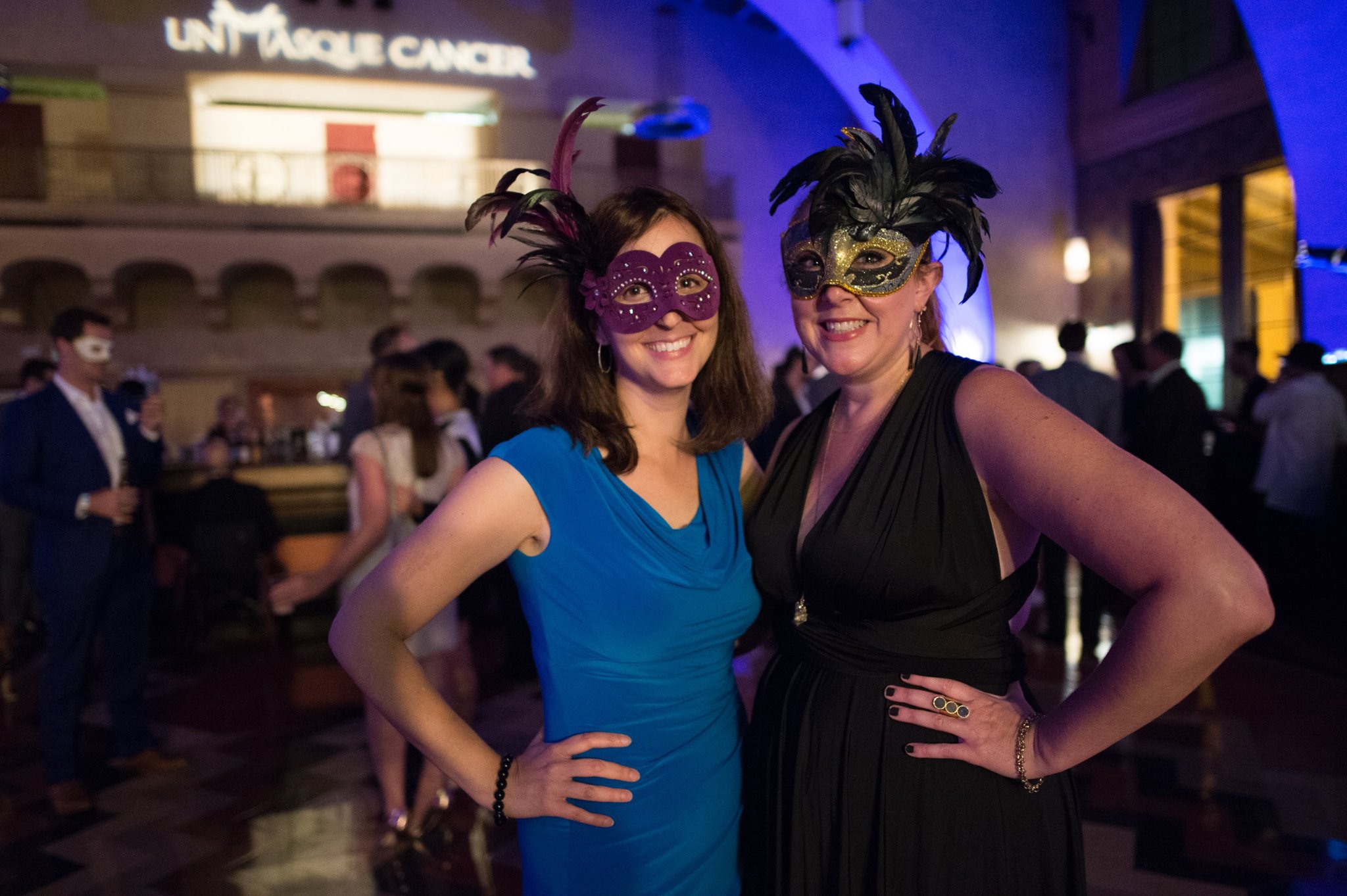
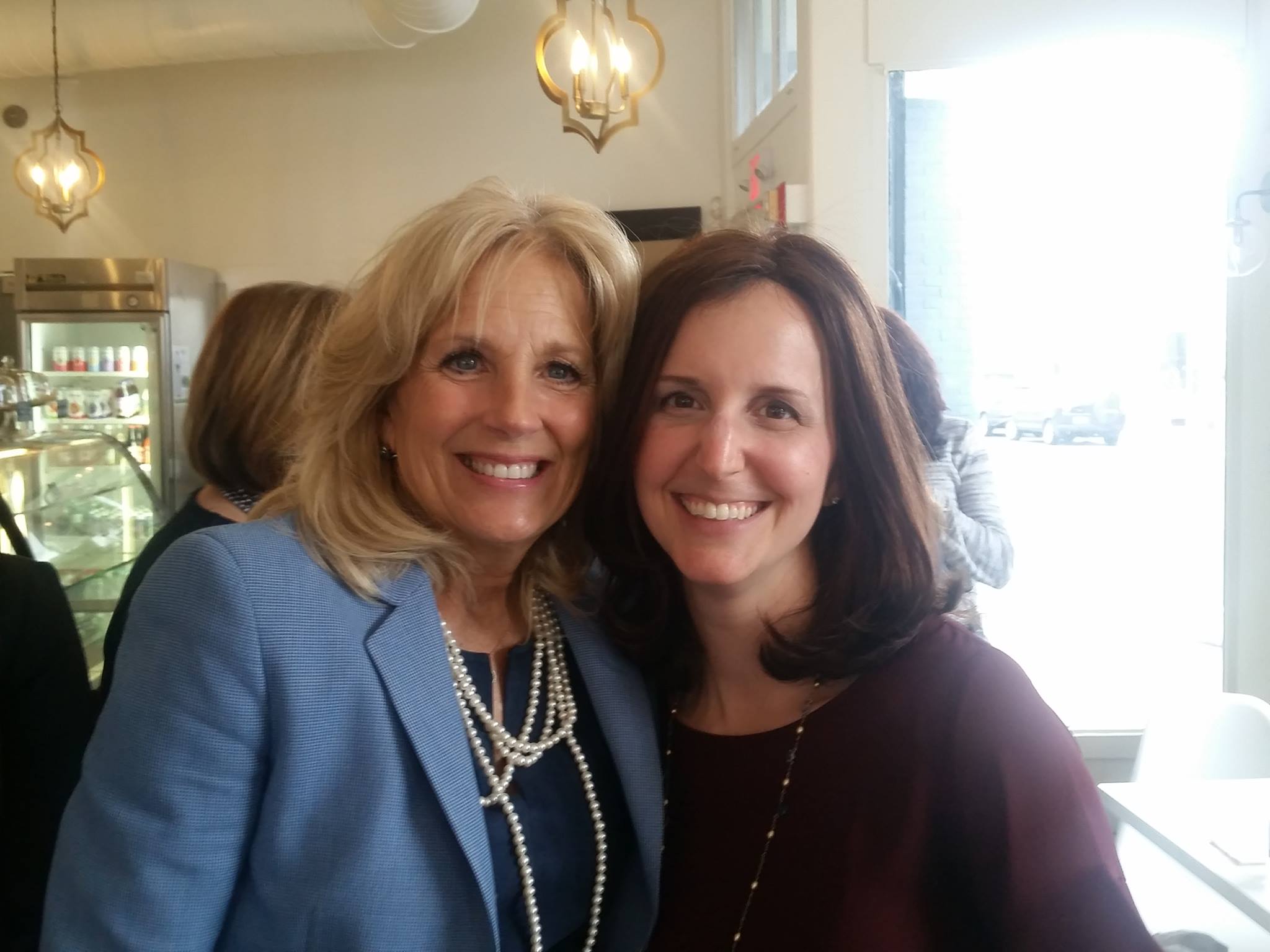
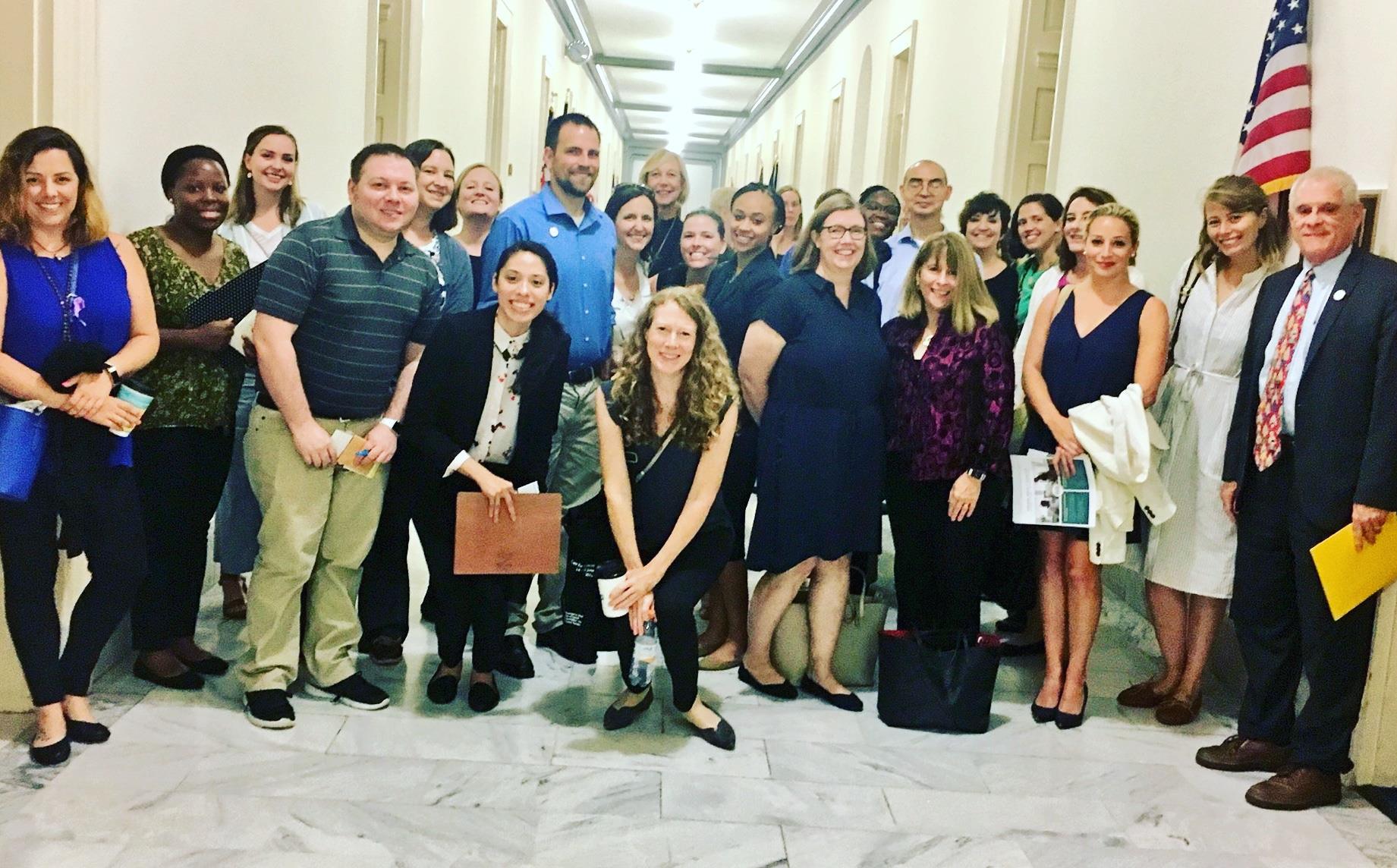
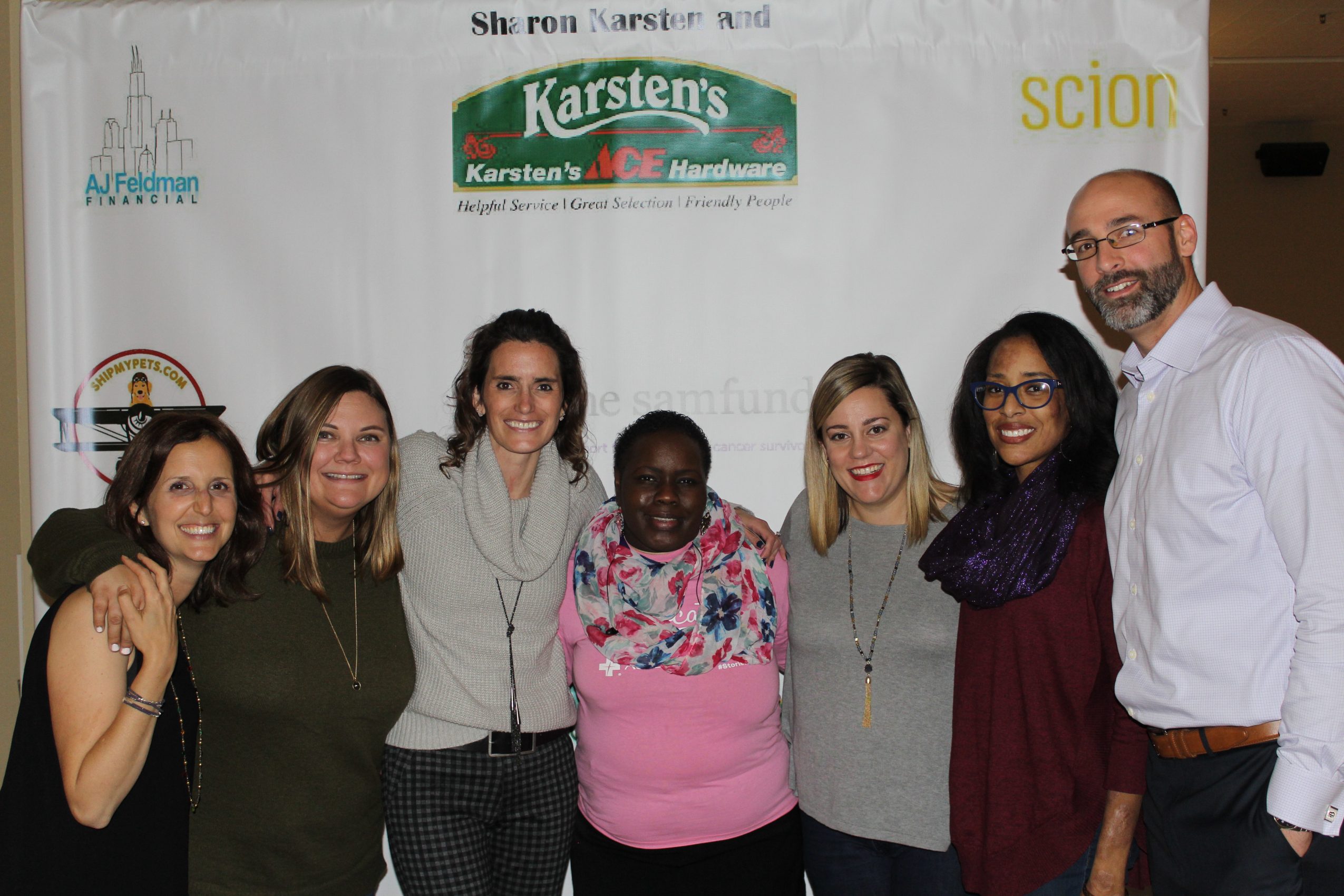
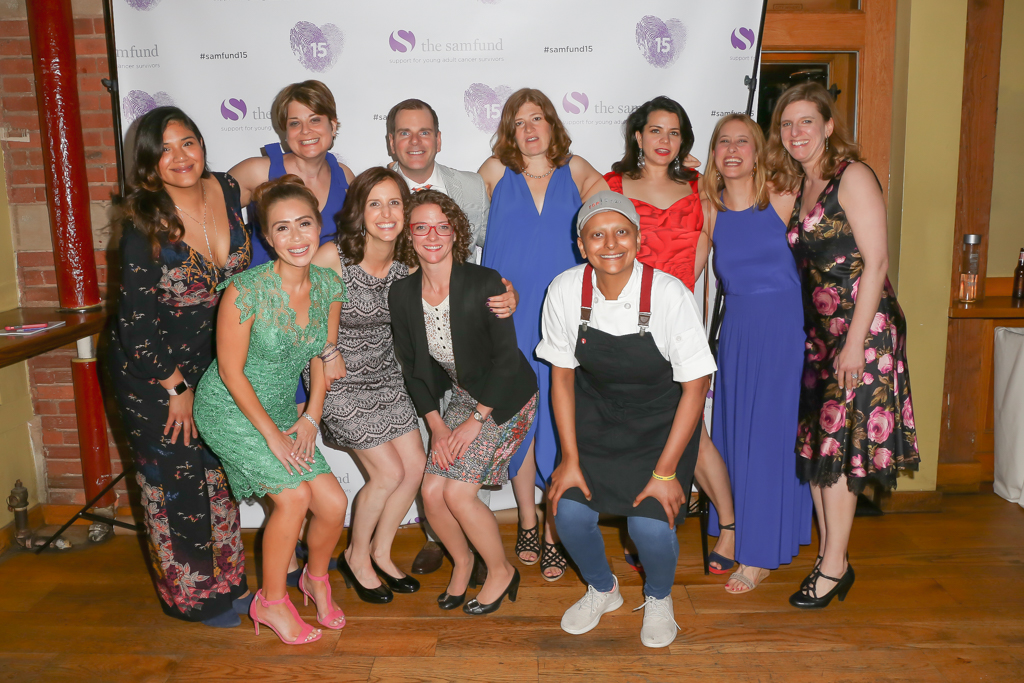 Image Credit:
Image Credit:
Joe Russo Photography
Getting in touch: BostonVoyager is built on recommendations from the community; it’s how we uncover hidden gems, so if you know someone who deserves recognition please let us know here.

